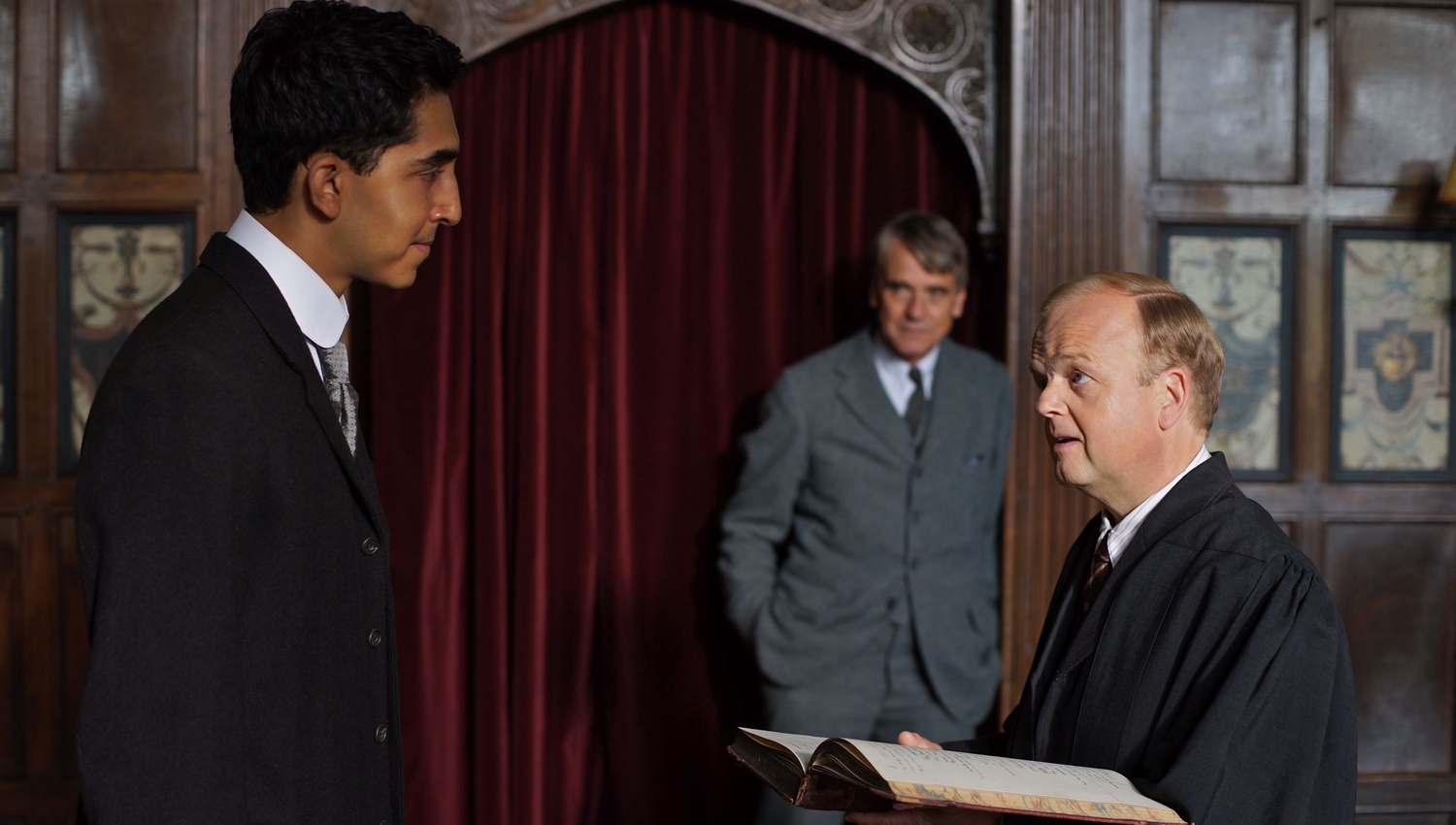
The Man Who Knew Infinity
Dustin Chase
Writer, director and producer Matt Brown doesn’t have the cinematic appetite to turn, what is basically his feature film debut, into a movie that is as good as other mathematician biopics. He also doesn’t explore the racial tension towards immigrants from India appropriately. It’s yet another case of a small film, with extraordinary potential by the way, that needed a more experienced director at the helm. What The Man Who Knew Infinity does have going for it is another immensely passionate performance from Dev Patel (Slumdog Millionaire, The Best Marigold Hotel). The film is told from the wrong point of view, focuses on the wrong subplots and never manages to conjure up enough drama to earn that triumphant ending we see from a mile away.
1914 India, poor and uneducated, S. Ramanujan (Patel) begs the most educated men in his country to look at his work. He has a way with numbers, connecting the dots on figures brilliant mathematicians have worked on for lifetimes to master. Finally, Ramanujan is sent from his country to Cambridge, leaving behind his new wife Janaki (Devika Bhise) with his mother, on a promise to return a published and educated man. He arrives at the condescending university where he finds most of the faculty and student body repelled by the color of his skin. Eager to publish his mathematical discoveries right away with G.H. Hardy (Irons), The Sadleirian Professor of Pure Mathematics, and his biggest fan. Hardy decides to teach the anxious Indian genius some humility. With ongoing medical issues and a near complete dislike from the campus, Ramanujan’s time in England becomes a difficult struggle to finish what he came for and return home.
Another immensely passionate performance from Dev Patel
Brown’s scripts falls too often into stereotype as scenes like Ramanujan being called out by a professor for not taking notes, only to school the professor at the chalkboard, and then be lambasted for it; feels like too many scenes from other films. When the narrative isn’t showcasing the young man’s brilliance, the subplots of racism certainly provide understanding to what he must have faced during that time. The script wastes time with large portions cutting back to India, showing his wife and mother, those scenes are basically time stamps and not very interesting. It’s the relationship between Ramanujan and Hardy that’s of most interest. Brown seems hesitant to explore the professors interest in Ramanujan, and only briefly hints at his homosexuality. While the film opens from Hardy’s point of view and ends there, the guts of the film are from Ramanujan’s eyes.
It’s interesting but not very engaging, despite the performances and its intentions. Patel has made surprising choices since his breakthrough with best picture winner Slumdog Millionaire. He has played the lovelorn, the tech genius and mama’s boy, but this is again new territory for the 26-year-old. The script churns through the same conversations of Hardy demanding his student to prove his work and be accountable for his brilliance. It’s certainly a story of triumph and breakthrough, both in the world of math and history of Cambridge. However, scene after scene of simple storytelling that connects one plot point to the next doesn’t offer the audience a chance to get emotional about the drama that plays out on screen.
Final Thought
Patel gives a passionate performance in a very generic film.
